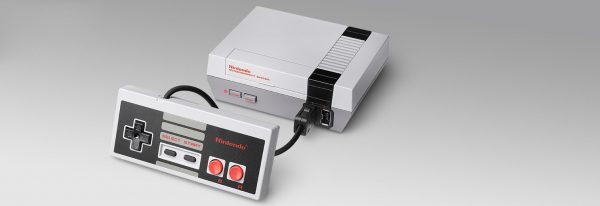
When Nintendo announced that they were discontinuing the NES Classic Edition, fans everywhere began desperately searching for one of the remaining consoles in the hopes of getting one at a retail price. Otherwise, they knew they were going to have to rely on third-party retailers and their ludicrous markups.
Recently, Best Buy revealed that they were going to be restocking the NES Classic Edition in select stores. Their announcement was met with the kind of reaction typically reserved for new consoles around the time of their launch.
Why this insane level of demand? To be certain, part of it has to do with the appeal of the console itself. The Classic Edition is still an attractive way to play classic NES games. However, much of the recent hype surrounding the NES Classic Edition can be attributed to the idea that it’s now a collector’s item that will be valued for years to come.
At first, that mindset makes sense. The NES Classic Edition has been hard to find ever since it launched and the last ones that will ever be made will soon be rolling off the production line. Historically speaking, however, it’s doubtful the NES Classic Edition will ever actually become a genuine collectible that goes up in value.
Generally speaking, the rarest and most expensive video games and video game consoles are those which didn’t succeed. Games like Cheetahmen 2, Happy Birthday, and The Music Machine regularly fetch thousands of dollars on the open market because only a handful of these titles exist in the world. The same goes for consoles like the Arcadia 2001 and the Rollet Videocolor.
The only other type of video game collectibles which remains truly valuable over the years are games and hardware which were intentionally made for a limited number of recipients. Only a few hundred Resident Evil: Code Veronica-themed Dreamcasts were ever made, for instance. Only 200 of Nintendo’s Stadium Events cartridges were ever actually sold. Items like these were specifically manufactured to gain value over time.
None of these properties apply to the NES Classic Edition. Yes, it’s been hard to find one, but that’s only because hundreds of thousands – maybe even millions – of people have bought one. Nintendo didn’t flood shelves with them, but you can be sure that they made enough of them to turn a profit.
If Nintendo has released three hundred NES Classic Editions with a see-through case or had announced that they would be offering the NES Classic Edition to some of their most loyal long-term customers only, then you could make the argument that the NES Classic Edition – or versions of it – is a true collector’s items.
As it stands, determine how much the NES Classic Edition is worth to you personally and pay no more than that amount for one of the remaining units.




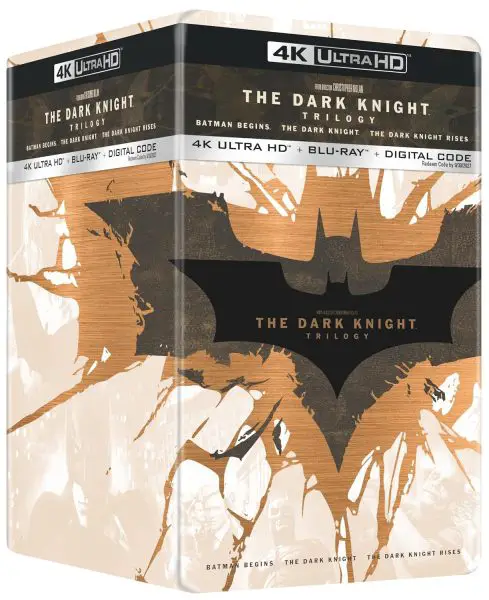
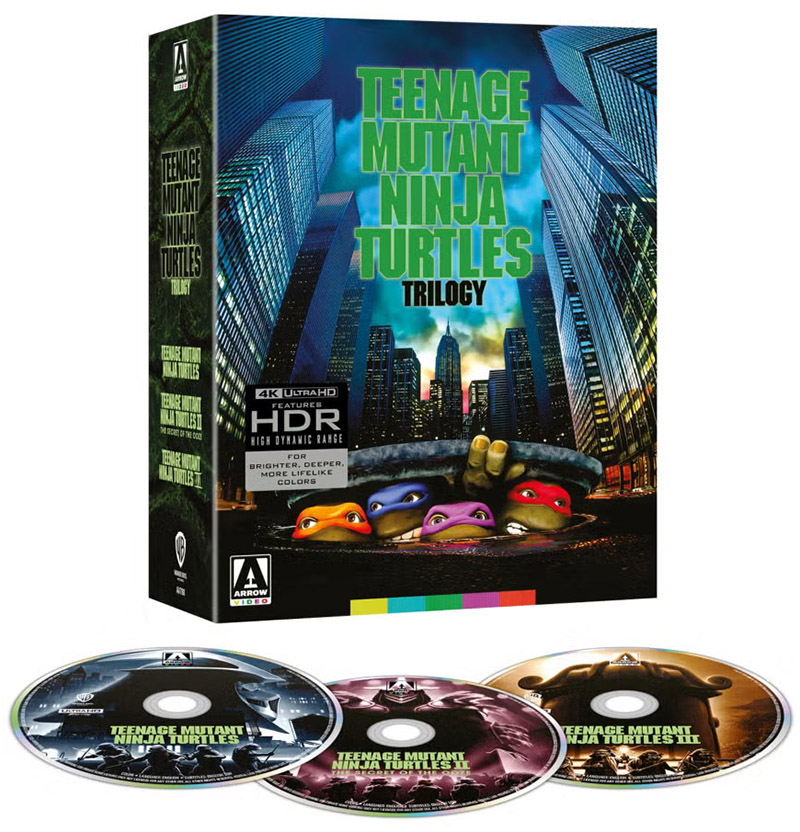
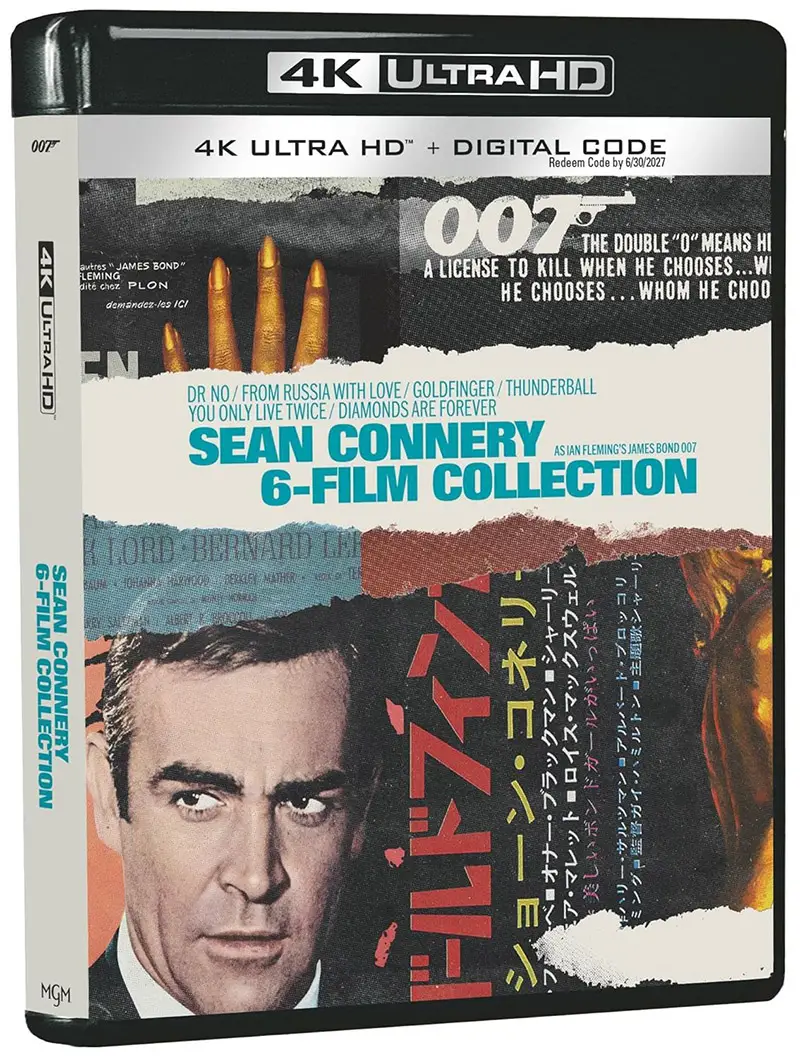
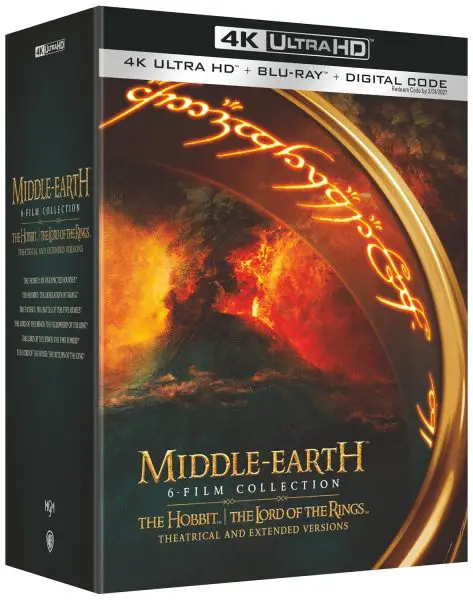

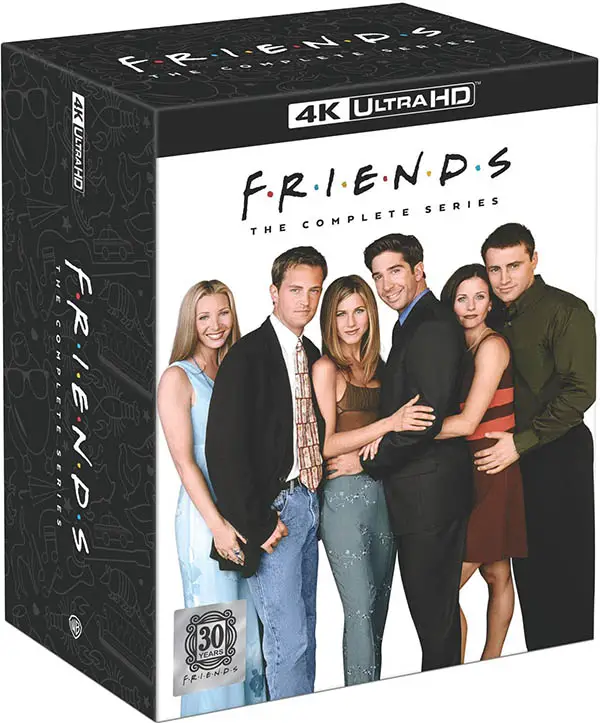
![How To Watch The 2026 Best Picture Oscar-nominated Movies [Updated] Bugonia (2025) frame grab](https://hd-report.com/wp-content/uploads/2026/01/Bugonia-2025-frame-grab-1-324x160.jpg)

